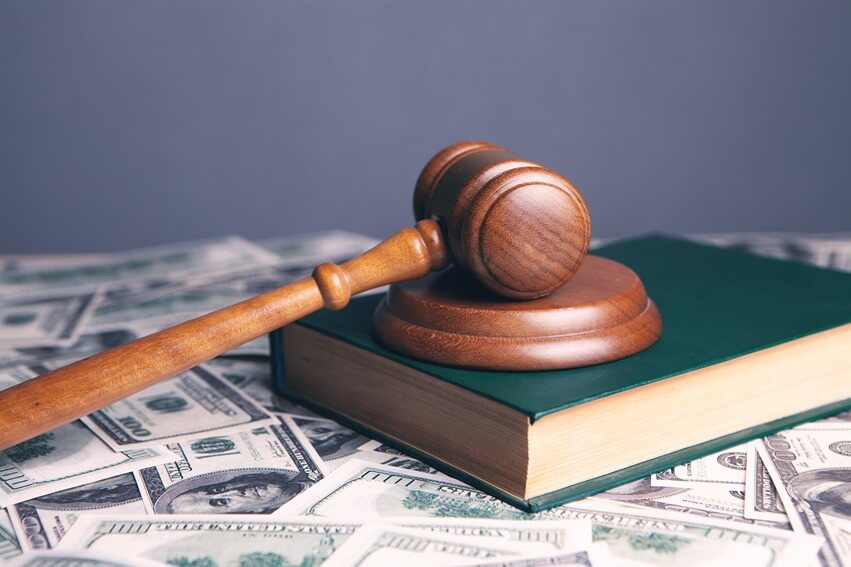
If you have been on a job hunt or sought a promotion, you know that employer and coworker references are usually vital parts of the process.
The statements others in your workplace make about you can also significantly affect your professional and public reputation.
If an employer or coworker speaks dishonestly about you to others, you might have a case for defamation of character in the workplace.
Defamation can take a severe toll on you personally and in the workplace, so you deserve to be compensated for the effects of dishonest language against you.
At the Workplace Rights Law Group, our California employment lawyers have the experience to hold an employer who mistreats you accountable.
Defamation Defined
What is defamation of character in the workplace? Defamation is a tort (which is a strange legal term for an action that causes another person harm), and it comes in two forms:
- Libel and
- Slander.
If an individual in your workplace commits either one of the above civil wrongs, you have a right to sue them for damages.
Libel and slander have specific elements you must prove to prevail in a civil suit; they differ mostly in how the false information is communicated to others.
Let’s take a look at the components of these types of misconduct below.
Libel
Your employer or colleague is liable for libel if they:
- Tell a lie about you,
- “Publish” that lie in a fixed representation, and
- Injure you through the publication of the lie.
The requirement that an individual publish their lie about you does not mean that they need to run their false statements in a newspaper for it to be libel (although that is libel as well).
It just means that the person has to share their false statement with a third party. Also, publishing an untrue comment “in a fixed representation” can mean publishing in writing, a picture, effigy, or another medium that others can see.
Slander
Slander is a spoken lie about you that is shared with (or published to) a third party and accuses you of the following:
- Engaging in criminal activity,
- Being a professional liability,
- Having a disease,
- Having a sex-related dysfunction,
- Lacking professional qualifications, or
- Having another negative quality.
Slander is spoken and can be shared in person, over the radio, or by use of other machinery.
You could be the victim of defamation of character in the workplace if you are the subject of workplace gossip around the water cooler or your boss provides a written, negative reference to a prospective employer.
Whatever the case, our experienced employment attorneys at the Workplace Rights Law Group can put an end to harmful workplace defamation behavior and win you compensation for any damage done.
Can you sue a coworker for slander?
Yes, you can sue a coworker for slander. Slanderous statements made by a coworker can lead to legal action. This includes false accusations of criminal activity, claims of having a contagious illness, or assertions of incompetence at work, all of which constitute slander.
Defenses to Defamation in the Workplace
As devastating as the outcome of defamation in the workplace can be, individuals who engage in libel or slander have a handful of legal defenses (or privileges) against liability.
An individual can claim a defense for workplace defamation if their statement is true or if they shared a false claim to:
- Properly discharge an official duty;
- Participate in a legal proceeding;
- Provide information to an interested party (and the motive for sharing is believably innocent);
- Make certain reports to a public journal regarding legal proceedings; or
- Provide certain reports in lawful public meetings.
In a workplace defamation situation, an employer might rush to claim that the sharing of false information with a prospective employer was not actionable because the prospective employer was an “interested party.”
There are many nuances in the defamation defenses, and your attorney can make sure that your employer does not misuse them.
Filing a Defamation Lawsuit
Words can hurt in so many ways, and false words that can affect your livelihood can cause professional, financial, and personal pain.
You can rectify the harmful words of another by suing them for defamation. In a defamation case, you can win:
- Economic damages to compensate you for financial losses;
- Injunctions to stop the defamatory behavior;
- Non-economic damages to compensate you for pain and suffering; and
- Punitive damages to punish employers and colleagues who behave abhorrently.
You have only one year to initiate a workplace defamation lawsuit.
If you are the victim of defamation, speak to an attorney immediately. A skilled attorney can ensure your suit is filed timely and you receive the maximum amount of damages possible in your case.
Contact a California Employment Attorney Today
At the Workplace Rights Law Group, our California employment attorneys, with a combined 75 years of experience, specialize in addressing workplace issues, including workplace defamation.
We tailor our strategies to each client’s unique needs, and we provide mistreated employees with the kind of “big firm” representation that large employers typically receive.
Our business is holding employers to account for their misconduct.
If you need a champion in your corner to navigate through challenges such as defamation of character in the workplace, call us at 818-925-1572 or contact us online to schedule a free case review.
